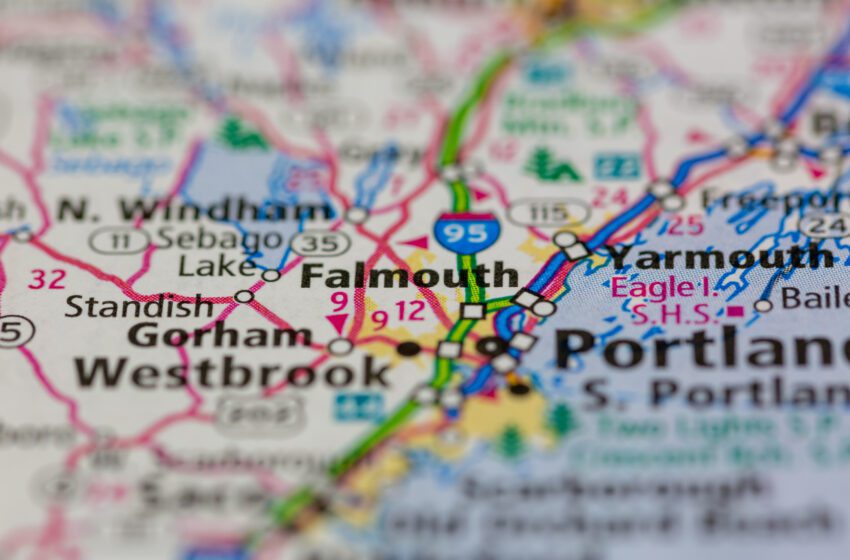The U.S. Food and Drug Administration and U.S. Customs and Border Protection (CBP) have announced that they have confiscated about 1.4 million unauthorized e-cigarette products, including controversial brands like Elf Bar.
The estimated value of these seized products is over $18 million. The impressive seizure occurred during a three-day joint operation, where 41 shipments containing banned e-cigarettes were found and taken into custody.
“The FDA is committed to continuing to stem the flow of illegal e-cigarettes into the United States,” said FDA Commissioner Robert Califf. “Unscrupulous companies try everything they can to bring unauthorized, youth-appealing tobacco products into the country. The FDA will remain vigilant, and together with our federal partners, stop these imports before they make it into the hands of our nation’s youth.”
The FDA and CBP conducted the joint operation at a cargo examination site at Los Angeles International Airport, where the team examined incoming shipments for potentially violative items.
In preparation for the three-day operation, the team worked for months to review shipping invoices, identify potentially illegal incoming shipments, and complete other investigative work that led to the operation’s success, according to an FDA release.
Once the merchandise is forfeited to the government, it will be disposed of in accordance with the law; in the case of unauthorized new tobacco products, that generally means they will be destroyed.
“This enforcement action is a prime example of CBP’s commitment to keeping our communities safe by disrupting the importation of illegal goods into our country,” said Troy A. Miller, senior official performing the duties of the commissioner for CBP. “The rise in illicit e-commerce demands that our agencies remain vigilant in intercepting shipments that could pose serious health risks to the public, including youth, while disrupting the supply chains that bring them to our borders.”
Upon examining shipments, all of which originated in China, the team found various brands of illegal flavored disposable e-cigarette products.
In addition to Elf Bar, among the seized e-cigarettes were EB Create products; earlier this year, the manufacturer of Elf Bar began marketing the product under the names “EB Design” and “EB Create.”
Other seized brands included Lost Mary, Funky Republic, RELX Pod and IPLAY Max, among others. In an attempt to evade duties and detection, many of these unauthorized e-cigarettes were intentionally mis-declared as various items such as toys or shoes and listed with incorrect values.
“Those shamelessly attempting to smuggle illegal e-cigarettes, particularly those that appeal to youth, into this country should take heed of today’s announcement,” said Brian King, director of the FDA’s Center for Tobacco Products (CTP). “Federal agencies are on to their antics and will not hesitate to take action. The significant value of these seized products is also a sobering reminder to these bad actors that their time and money would be better spent complying with the law.”
The FDA uses a comprehensive approach to tobacco product compliance and enforcement, taking action against those in the supply chain that violate the law, including manufacturers, importers, distributors and retailers, such as the targeted operations described in today’s announcement.
The FDA also regularly addresses the importation of illegal e-cigarettes by placing certain firms on an FDA import alert red list, which allows the FDA to detain products without conducting a full inspection at the time of entry, according to the release.
For example, in May, the FDA placed certain firms associated with unauthorized youth-appealing e-cigarettes on a red list, including firms associated with the Elf Bar brands.
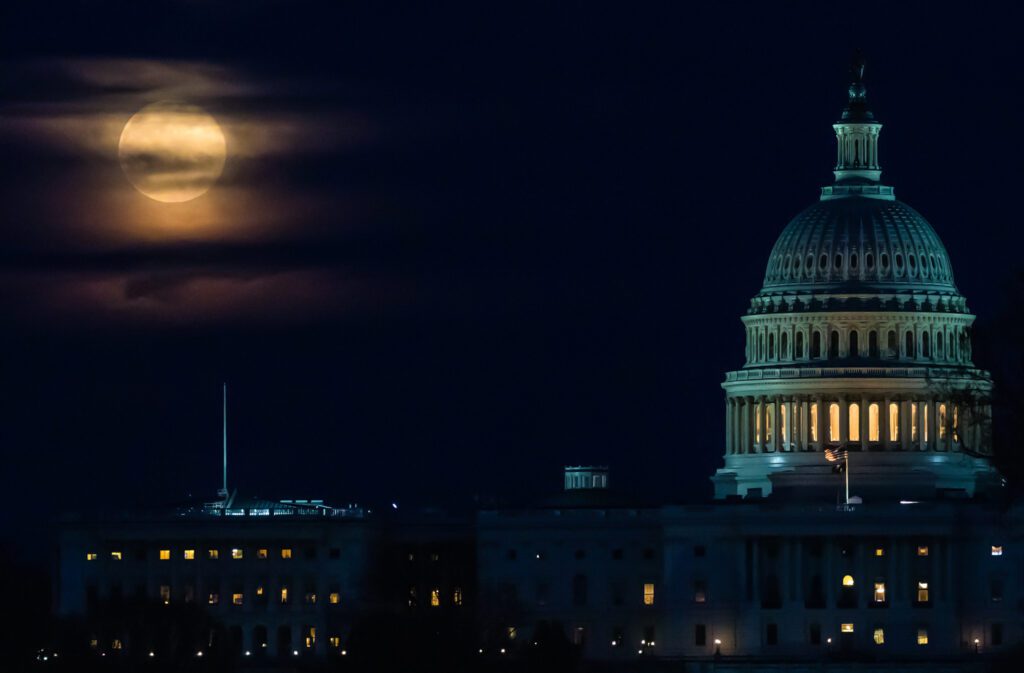

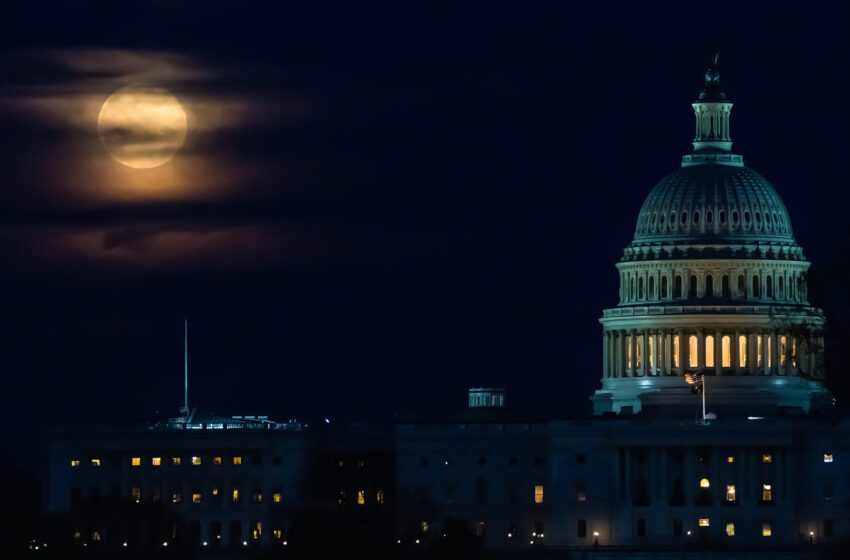


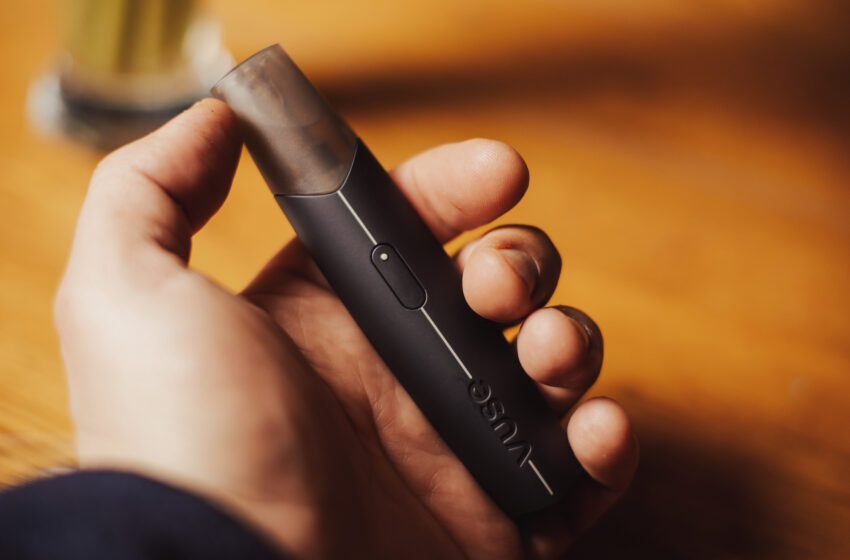

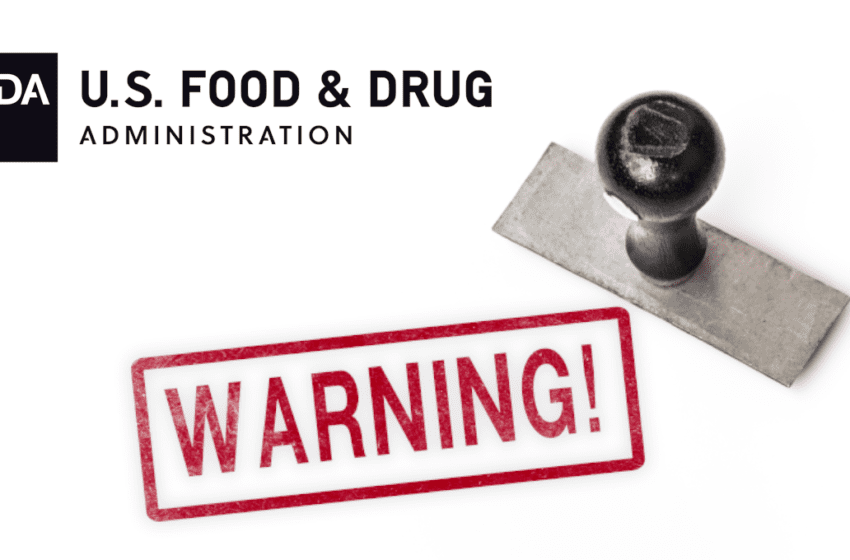
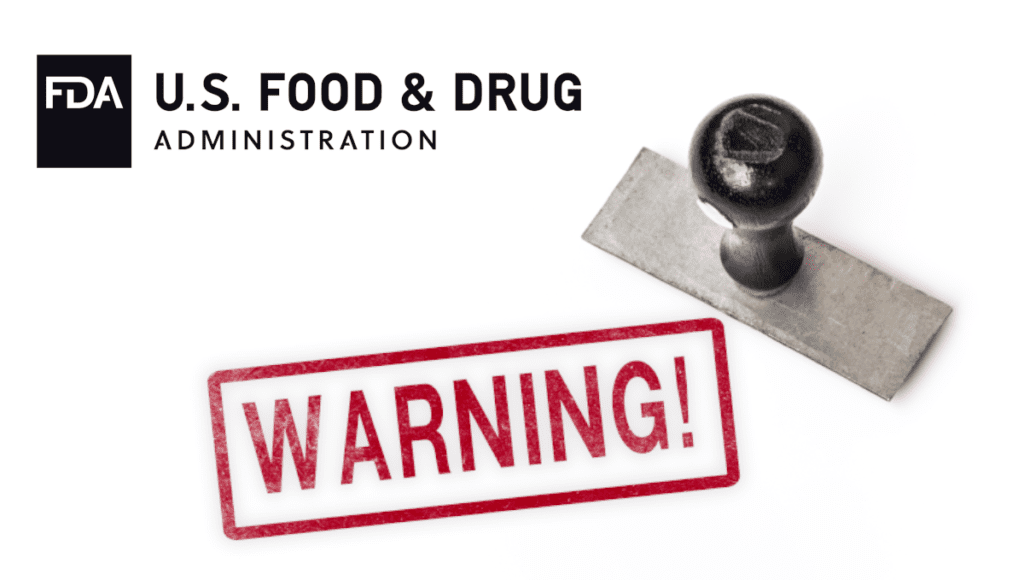



 Mexican President Andres Manuel Lopez Obrador stated his intentions to introduce a law forbidding the use of e-cigarettes and vapes before he finishes his term in 2024.
Mexican President Andres Manuel Lopez Obrador stated his intentions to introduce a law forbidding the use of e-cigarettes and vapes before he finishes his term in 2024.




